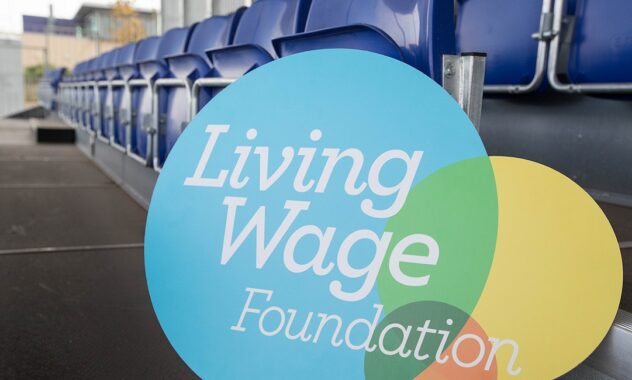Ireland: Migrant restaurant workers take on the Ivy – and win.
The Labour Court in in Dublin has found that Julia Marciniak and Lenka Laiermanova were unfairly dismissed by the Ivy.

In Ireland, a case has hit the headlines involving two migrant women working for a major restaurant chain, found to have been unfairly dismissed by the Ivy due to their union activities.
The Labour Court in in Dublin has found that Julia Marciniak and Lenka Laiermanova were unfairly dismissed by the Ivy (part of Troia UK Restaurants Ltd) because of their trade union activities. The Irish Times reports:
“It’s been a long road for head waiter Laiermanova and Marciniak since they were fired in March 2019. This case was an appeal, supported by their union Unite, of a Workplace Relations Commission (WRC) 2021 rejection of their claim of unfair dismissal.
Both experienced waiters, they had worked at the high-profile restaurant on Dublin’s Dawson Street since soon after it opened in summer 2018. Hired on hourly rates of €10.55 and €12 plus 80 per cent of tips (20 per cent going to back of house staff), the set-up quickly turned sour for Ivy workers when tips and service charges were withheld and instead used to part-pay those contracted hourly rates, making up the difference between minimum wage and their stated pay.”
When Marciniak and Laiermanova raised this and other issues with management they got nowhere, and the pair joined Unite. They recruited around twenty workers to the union, which was seeking a collective agreement.
Julia Marciniak, originally from Poland, recalls working at the Ivy, how “management looking closely, always someone above your shoulders. You can feel it split you apart. As humiliating and stressful as it was, it was also in my head, they must be scared. I felt, well, I have some power.”
After series of suspensions, and incidents including covert recordings, it was alleged – in March 2019 – that the pair denied a customer an opportunity to leave a credit card tip, and that claimed the tip could only be cash. This was the reason the Ivy claimed they were sacked. However, the Labour Court found that not only were the company aware of their union activities, but they were sacked due to them.
The Irish Times continues:
“When the initial problems arose at the Ivy, she thought: “Who will care about a few young migrant workers in transitory jobs?” But she was buoyed up by Unite’s support, by public support, by the publication of stories in The Irish Times, and revelation of the “unfair” tipping practices. Joan Collins highlighted the tips practice in the Dáil, and Unite’s Brendan Ogle “went beyond helping us”, says Marciniak. The case was handled, and won, by Hamilton Turner Solicitors and barrister Katherine McVeigh, who represented the waiters in the Labour Court, on behalf of Unite.
Their case points up weaknesses in worker protections, she says, which don’t kick in until a year after starting a job. Laiermanova, originally from the Czech Republic, echoes this: “The one-year rule should be scrapped” as employers “can do what they want and not give any reason. Why not just have the probationary period of three months before the Unfair Dismissals Act applies? It’s ridiculous. There are no benefits to employees, just to the employer: they can fire you on the spot without reason, but you still have to give notice.”
As well as a win for the two workers, the ruling is seen as quite significant in wider industrial relations. Findings of unfair dismissal linked to trade union activities are rare, according to Industrial Relations News.”
Employment lawyer Richard Grogan said: “It was a very significant decision by the Labour Court. The issue of union membership is one some employers misunderstand, and don’t see the danger of dismissal for union mobilising.”
Unite’s Brendan Ogle called the decisions “ground-breaking”:
“When they joined Unite, the Ivy set out to get them. And it did get them. It sacked them for trade union membership and activity, using constructed circumstances. It’s a big thing to say, and I can say it now with confidence, because of the judgment.”







